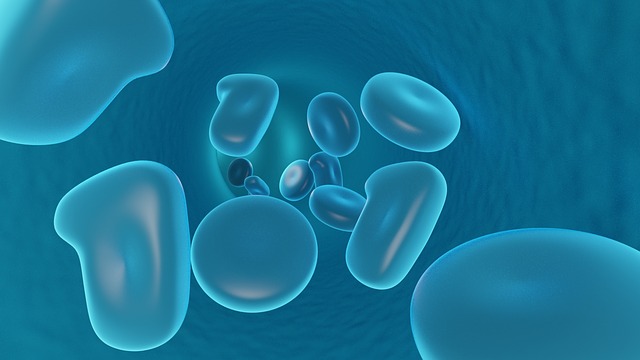Researchers at the University of Pennsylvania’s School of Engineering and Applied Science have made significant progress in developing a targeted therapy for solid tumor cancers. In a study published in Nature Biomedical Engineering, Professor Dennis Discher and postdoctoral fellow Larry Dooling present an innovative approach that not only eliminates cancerous cells but also trains the immune system to recognize and destroy them in the future.
Solid tumors, such as those found in the breast, brain, or skin, pose significant challenges for treatment. While surgery is often the initial line of defense, it may not eradicate all cancer cells, leading to potential mutations and metastasis. The researchers propose a more focused and comprehensive treatment strategy that harnesses the power of our own cells to eliminate cancer from within.
Traditionally, designing molecules capable of infiltrating solid tumors has been difficult due to their physical properties. Instead, Discher and Dooling suggest using macrophages, a type of white blood cell that engulfs and eliminates invaders like bacteria and viruses. By leveraging macrophages’ innate immune response, the therapy aims to stimulate the body’s ability to remember and target cancer cells, akin to a cancer vaccine.
However, macrophages cannot attack what they do not recognize as foreign. To overcome this, the researchers investigated the molecular pathway responsible for cell-to-cell communication. By disrupting the interaction between a protein called SIRPa on the macrophage and the CD47 protein found on normal cells, they enabled macrophages to perceive and attack cancer cells.
In experimental tests on clusters of mouse melanoma cells called “tumoroids,” the engineered macrophages effectively surrounded and dismantled the cancer cells, progressively destroying the tumors. In vivo studies demonstrated that the engineered cells eliminated tumors in 80% of mice. Notably, this tumor elimination also triggered an adaptive immune response, resulting in increased levels of an anti-cancer antibody known as immunoglobulin G.
The researchers highlight that this macrophage therapy works best when combined with existing antibody treatments. In the future, this innovative approach could potentially replace the need for multiple treatments, offering patients a reliable method to eradicate solid tumors.
This breakthrough in macrophage therapy has the potential to revolutionize cancer treatment by not only eliminating cancer cells but also training the body to target emerging cancer cells. It represents a significant advancement in the ongoing fight against cancer, bringing us closer to the development of a cancer vaccine.


